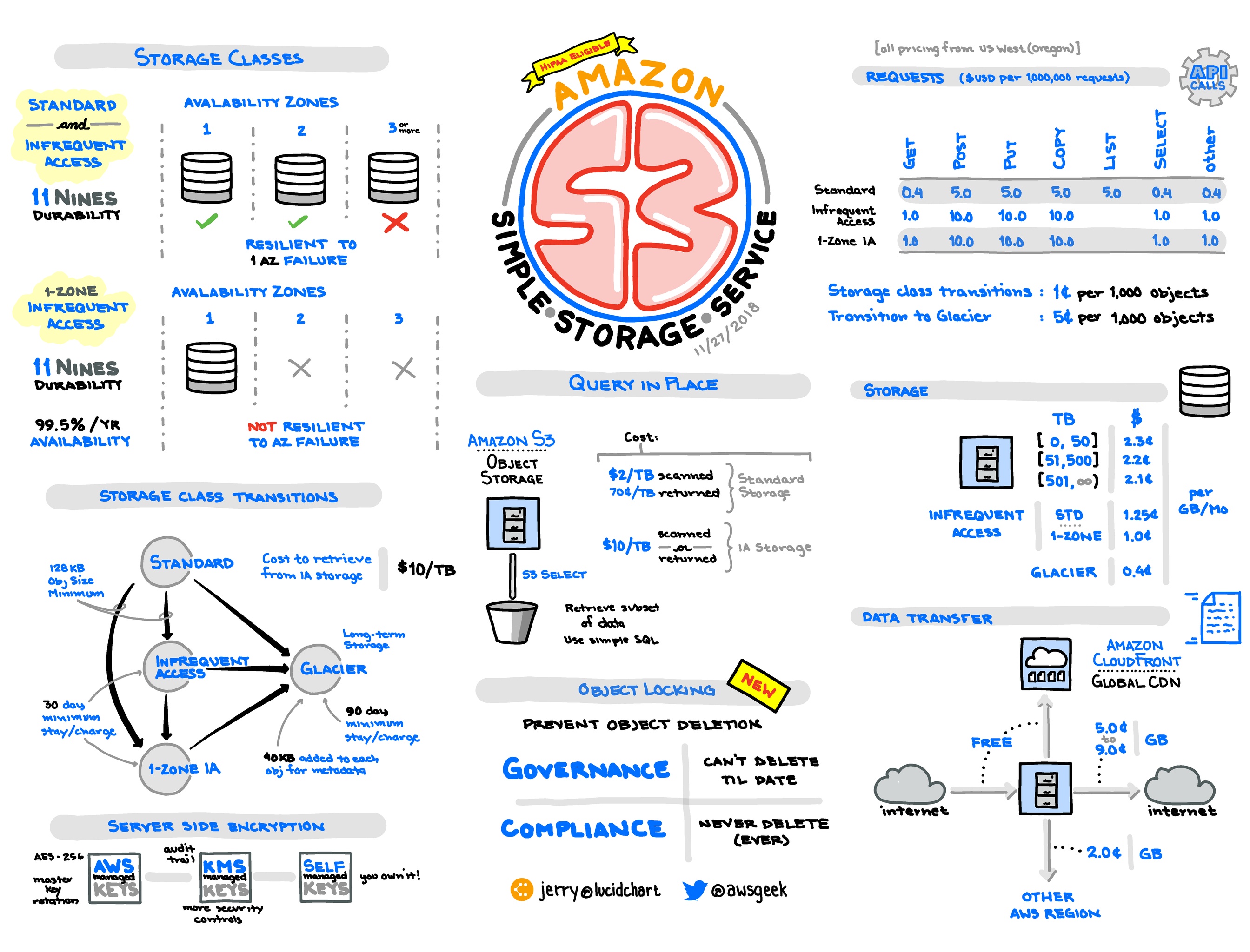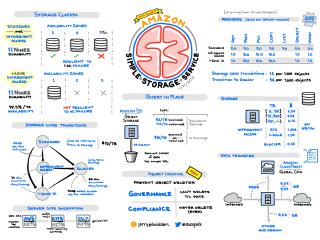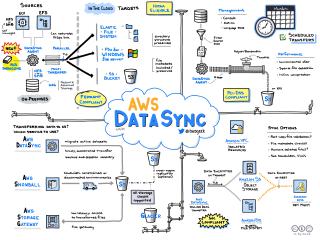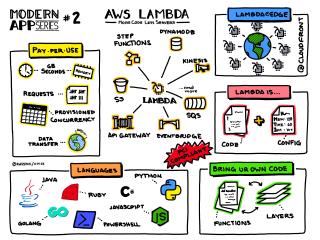
Amazon S3, or Amazon Simple Storage Service, is a vital component in the AWS ecosystem, offering highly scalable, secure, and cost-effective object storage solutions. It supports an extensive range of data storage, management, and retrieval operations for various applications, making it a critical tool for developers and IT administrators. This article delves into the technical aspects of Amazon S3, examining its use cases, pricing, scalability, availability, security, and how it compares with similar services from other cloud providers.
Use Cases
Amazon S3 is ideal for a diverse array of applications, including big data analytics, backup and restore operations, and archiving. It serves as an efficient storage solution for media hosting, enabling video and audio streaming directly from the S3 buckets. Data lakes are another prominent use case where S3 acts as a centralized repository, accommodating structured and unstructured data. Web developers also leverage S3 to host static websites due to its robust data durability and easy integration with other AWS services like AWS CloudFront.
Pricing
S3 offers a flexible pricing model designed to cater to different storage needs, primarily charging based on the volume of data stored in S3, data transfer, and the number of API requests. The pricing tiers include S3 Standard for general-purpose storage, S3 Intelligent-Tiering for data with changing access patterns, and S3 Glacier for long-term archival storage. Additional costs may arise from factors such as data retrieval, cross-region replication, and transferring data out of S3 to the internet. More details can be found on the Amazon S3 Pricing page.
Scalability
One of Amazon S3’s key strength lies in its virtually unlimited scalability. It automatically scales to manage an extensive number of requests, catering to applications requiring substantial throughput and performance, such as media processing and large-scale data analytics. Behind the scenes, the service manages this scalability with a global network of data centers, ensuring seamless scalability in both storage capacity and input/output operations per second (IOPS).
Availability
Amazon S3 guarantees a service availability of 99.9% through its robust infrastructure. Data stored in S3 is automatically replicated across multiple geographically dispersed data centers, ensuring data is accessible even in the event of component failures. S3's availability can be further enhanced by using features such as Cross-Region Replication (CRR), which replicates data to another AWS region to ensure business continuity.
Security
Security remains a focal point for Amazon S3, offering several mechanisms to safeguard your data. Every S3 bucket can be configured with access permissions using AWS Identity and Access Management (IAM) policies, bucket policies, and Access Control Lists (ACLs). S3 also supports server-side encryption with Amazon S3-managed keys (SSE-S3) or AWS Key Management Service (SSE-KMS). Furthermore, it provides logging and monitoring capabilities to track access requests, ensuring transparency, and compliance with data governance policies.
Competition
While Amazon S3 is a leading service in the cloud storage market, other major cloud providers offer comparable services.
Alibaba Cloud provides Object Storage Service (OSS), a high-reliability and high-availability storage service. It provides capabilities for seamlessly storing and retrieving any amount and type of data anywhere on the web.
Google Cloud's counterpart is the Google Cloud Storage, which offers unified object storage with built-in redundancy and the capability to integrate with Google Cloud’s suite of machine learning tools for data processing.
Microsoft Azure offers Azure Blob Storage, a service that allows efficient storage of unstructured data, providing scalable and cost-effective solutions to manage large volumes of data.
Each of these services offers unique strengths and capabilities, positioning them as viable alternatives depending on the specific requirements and existing cloud ecosystem of an organization.
Amazon S3 continues to be a robust storage solution with extensive features addressing a wide range of use cases. Its competitive pricing, coupled with unparalleled scalability, availability, and security features, reinforce its position as a primary choice for cloud storage among developers and IT administrators. Its integration capabilities with other AWS services enhance its utility, providing a seamless experience for comprehensive cloud-based solutions.
 e0537eb7-7825-414b-ae95-417c97fda10a
e0537eb7-7825-414b-ae95-417c97fda10a
 AWS DataSync
AWS DataSync
 AWS Regions
AWS Regions
 AWS Lambda
AWS Lambda